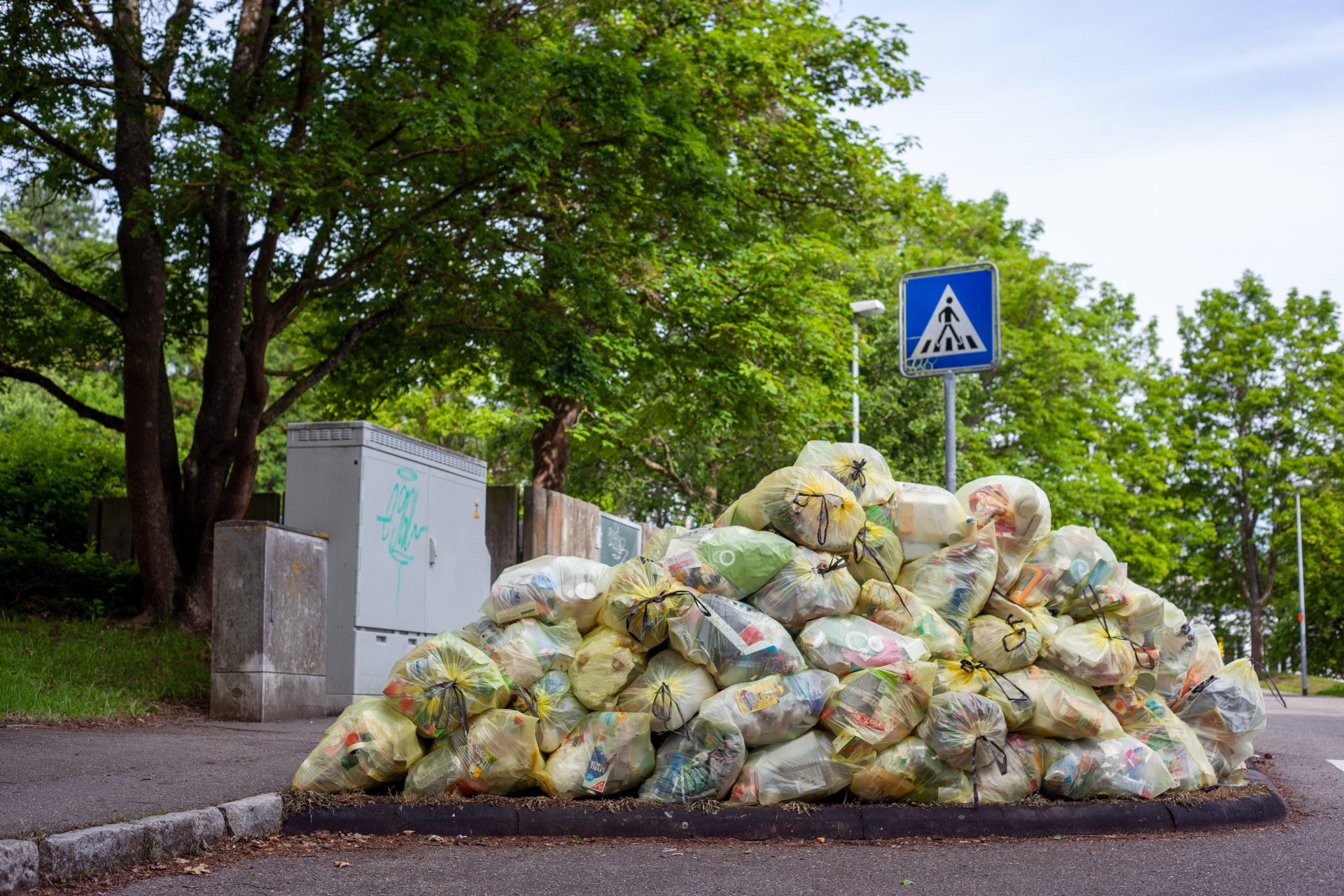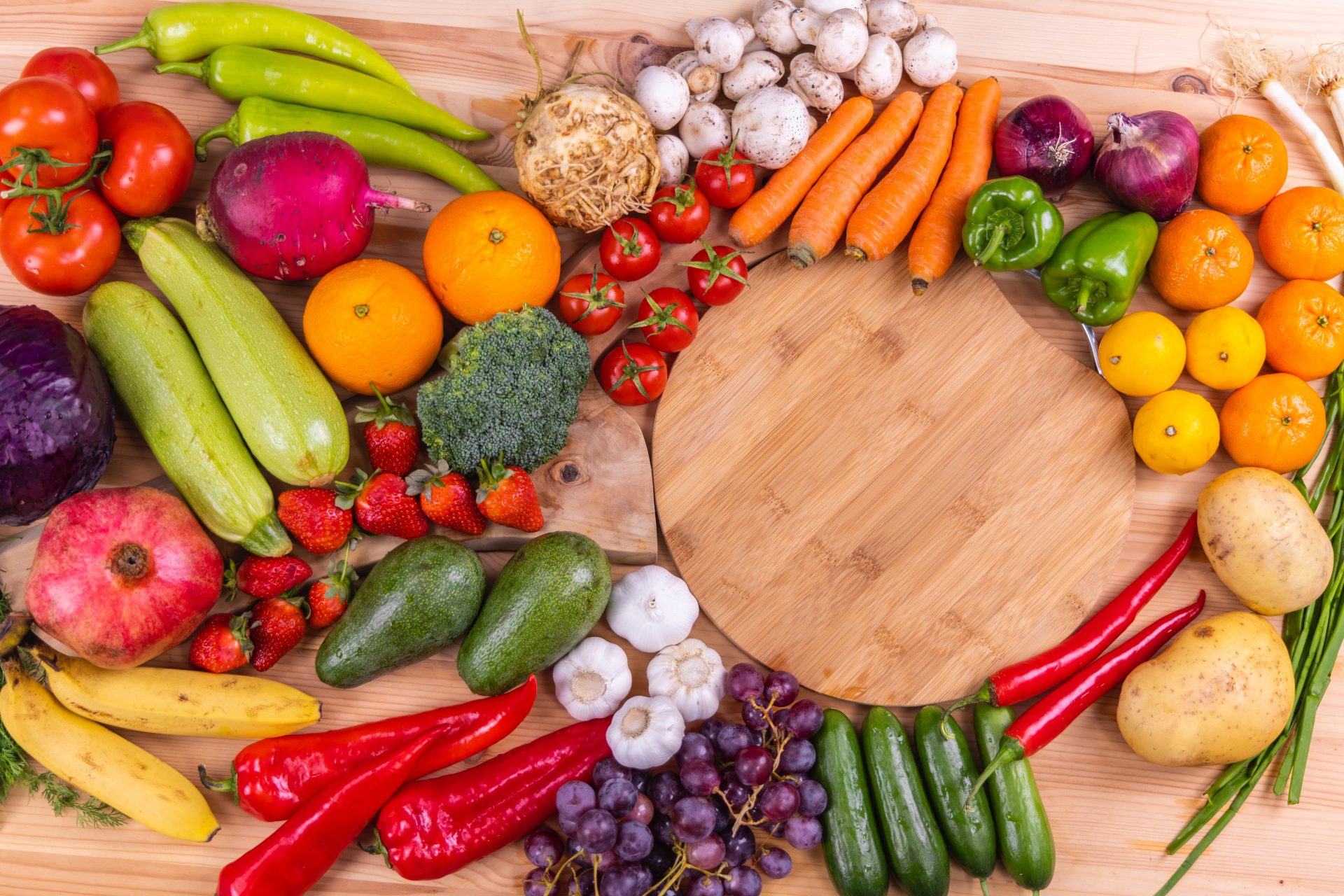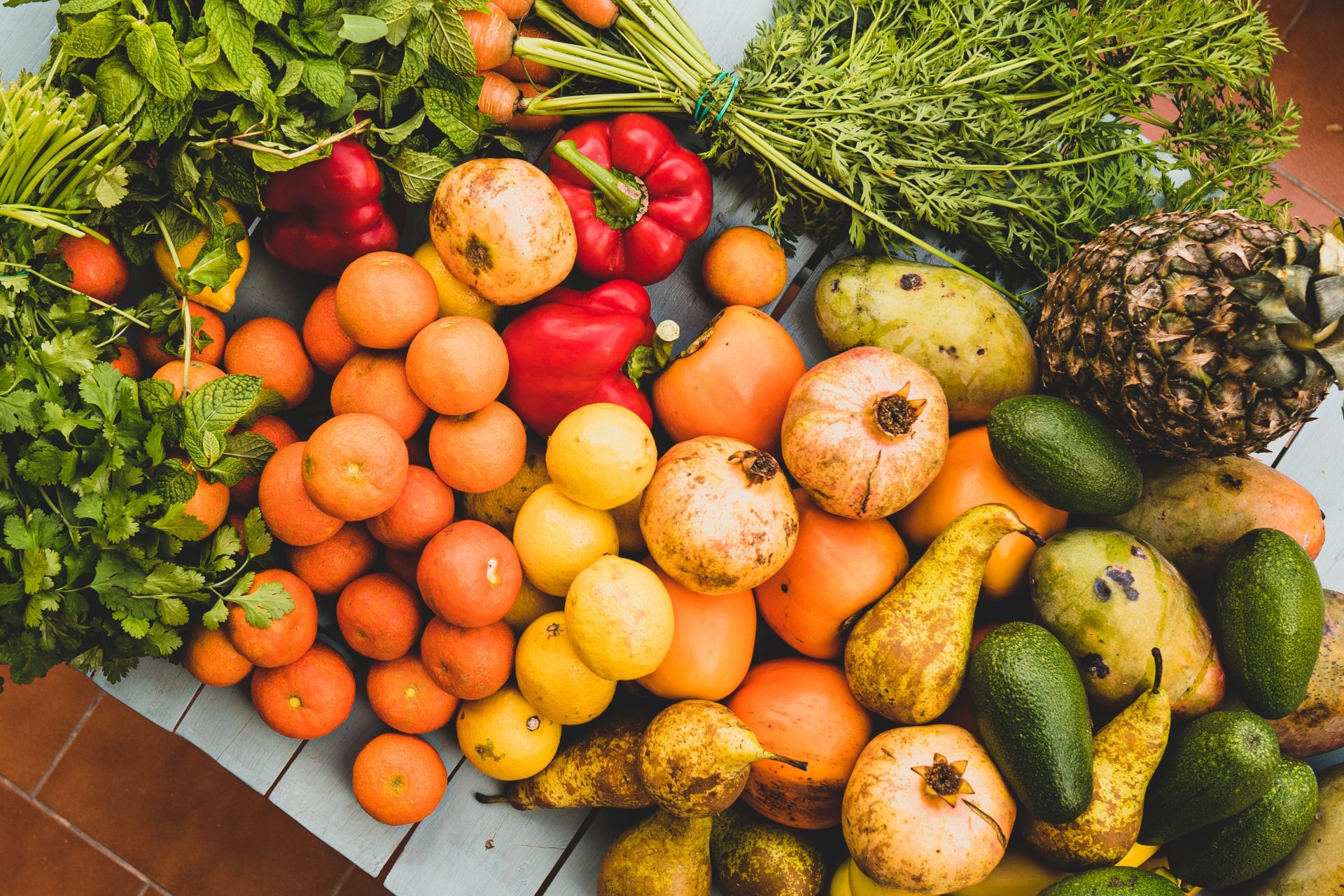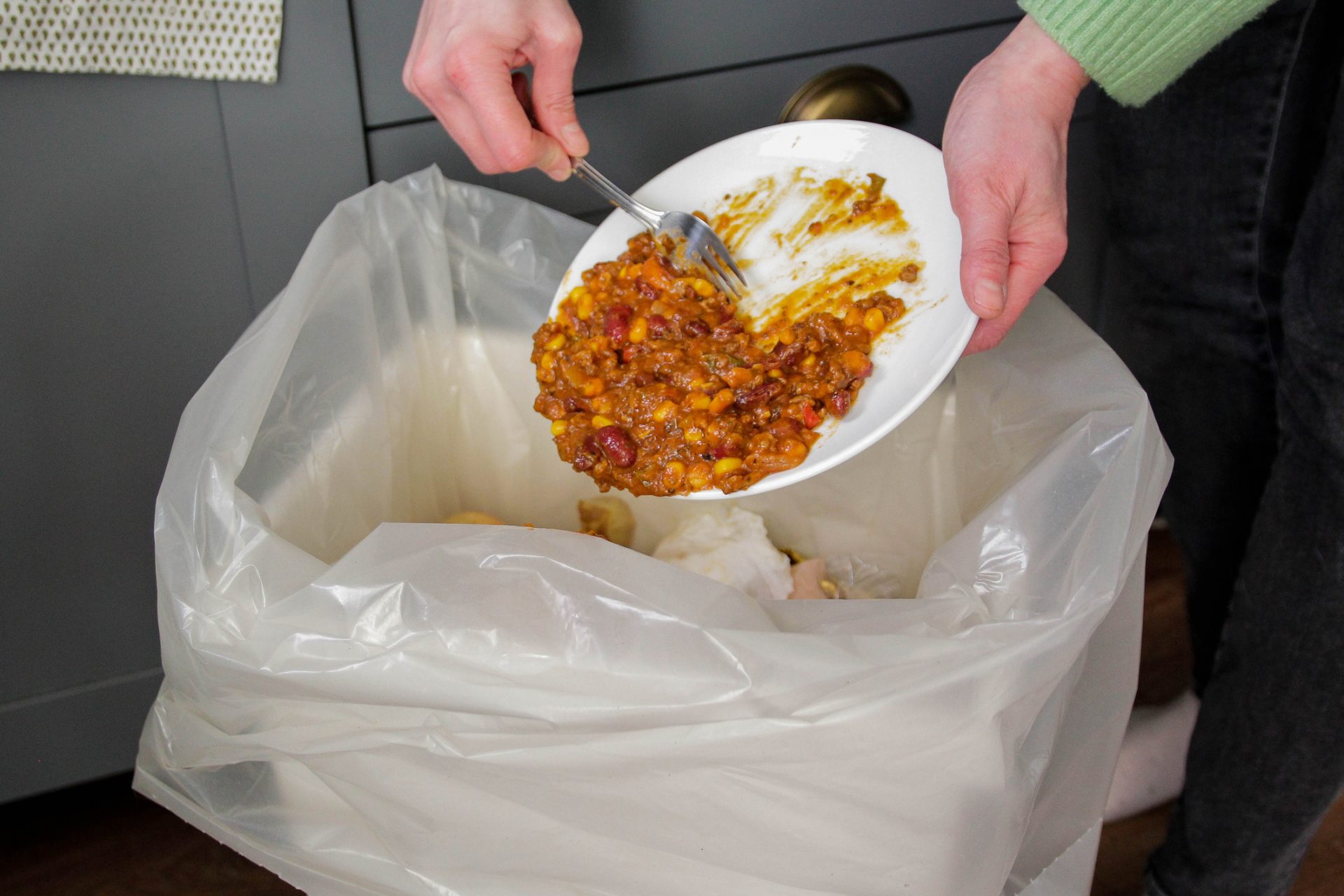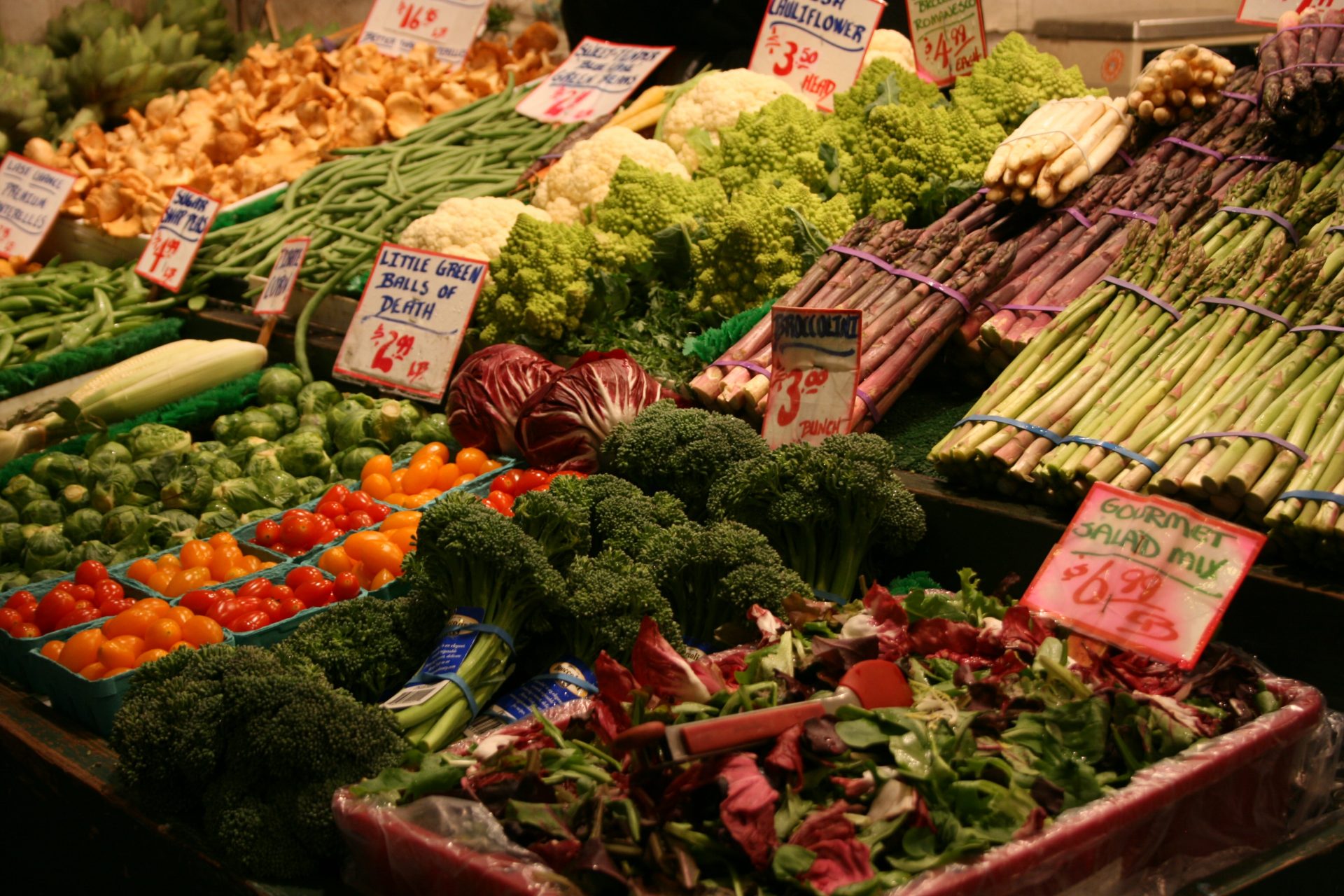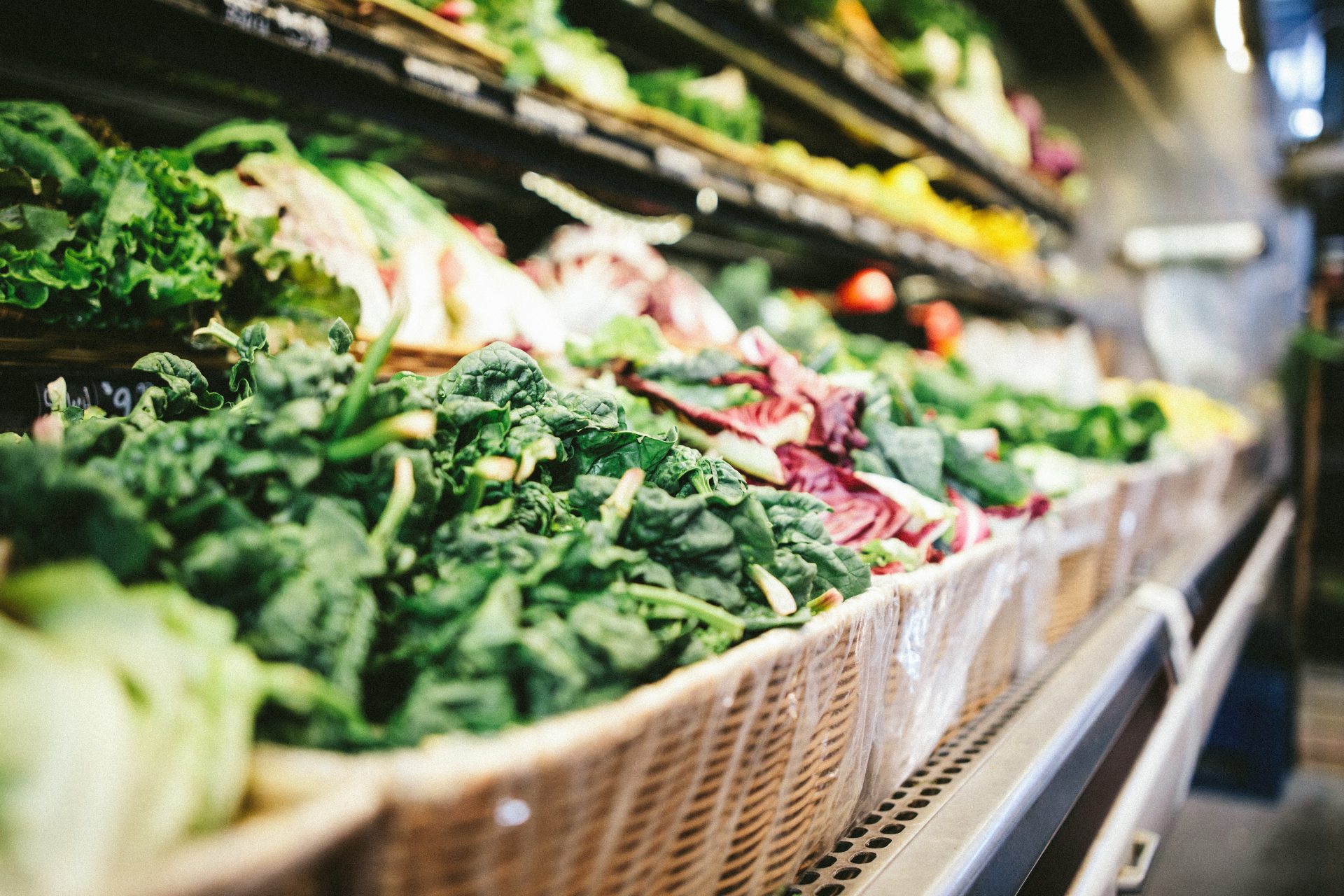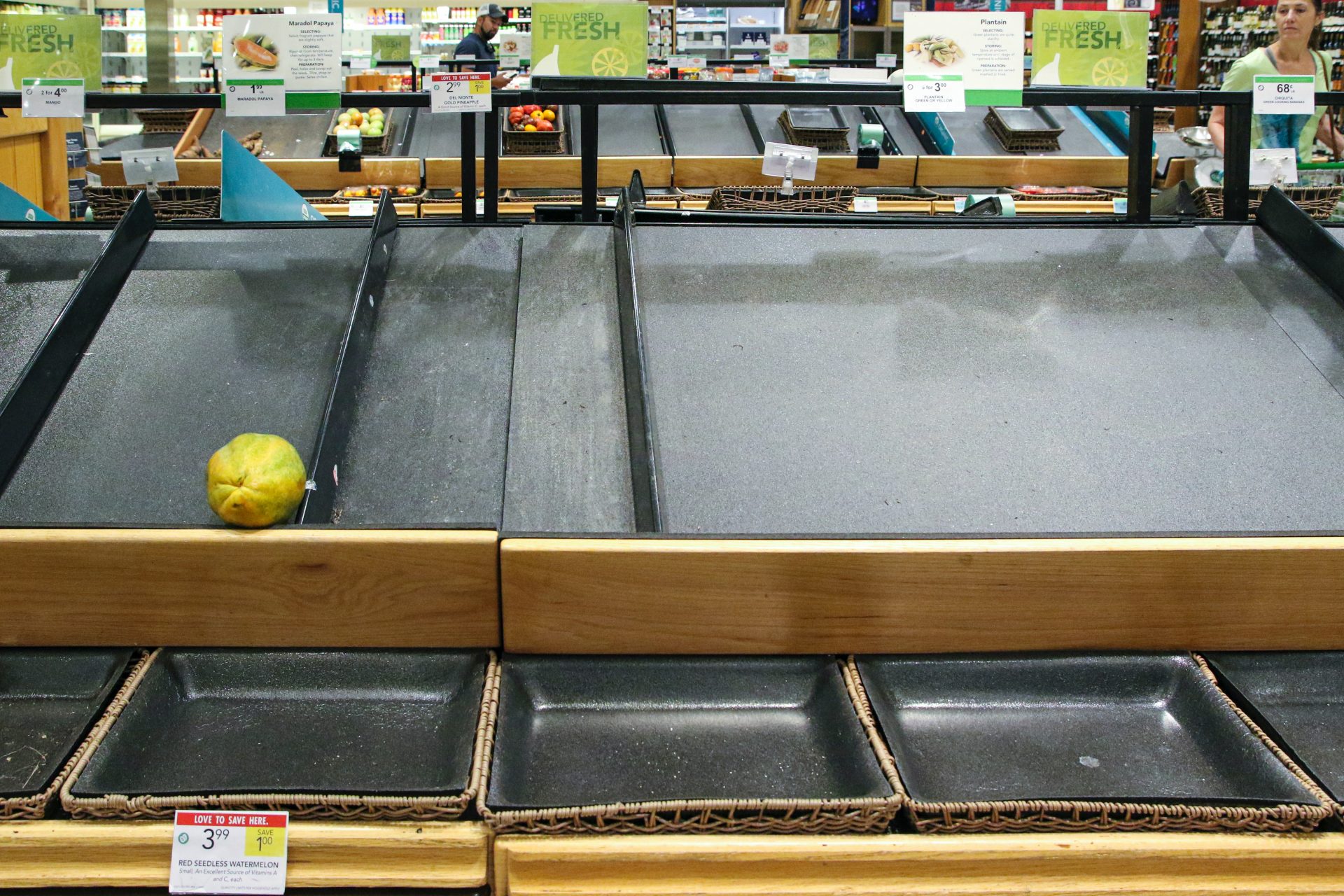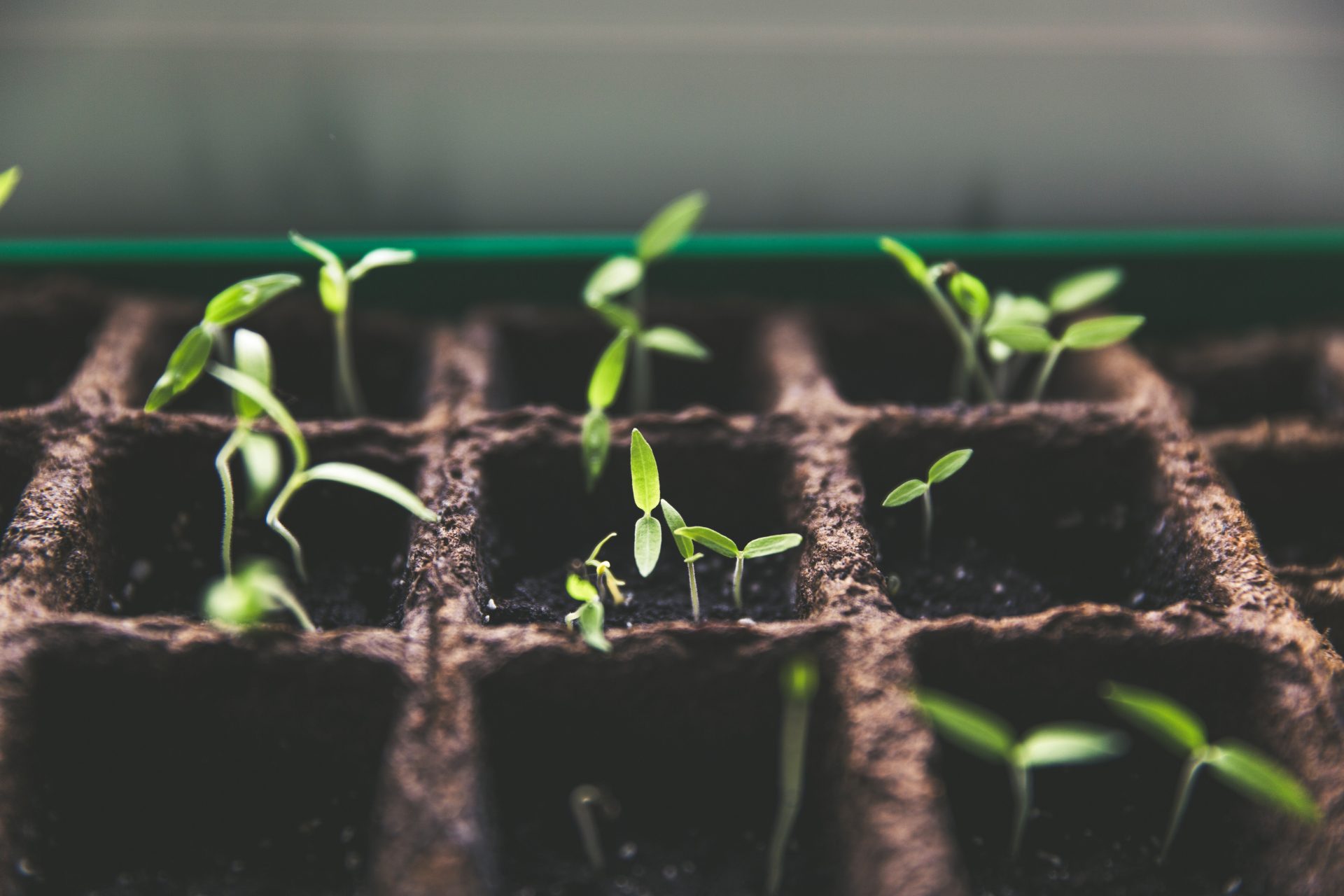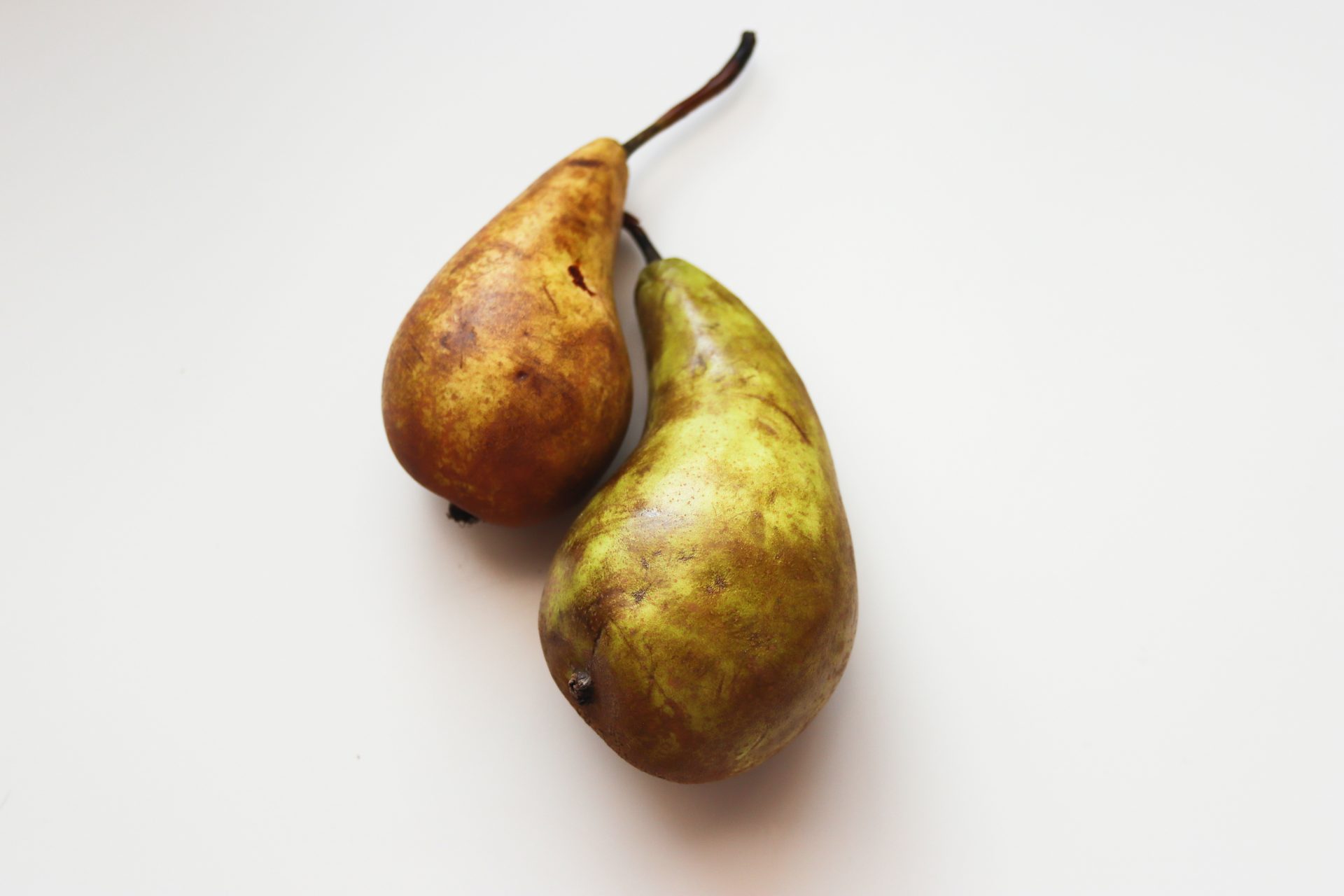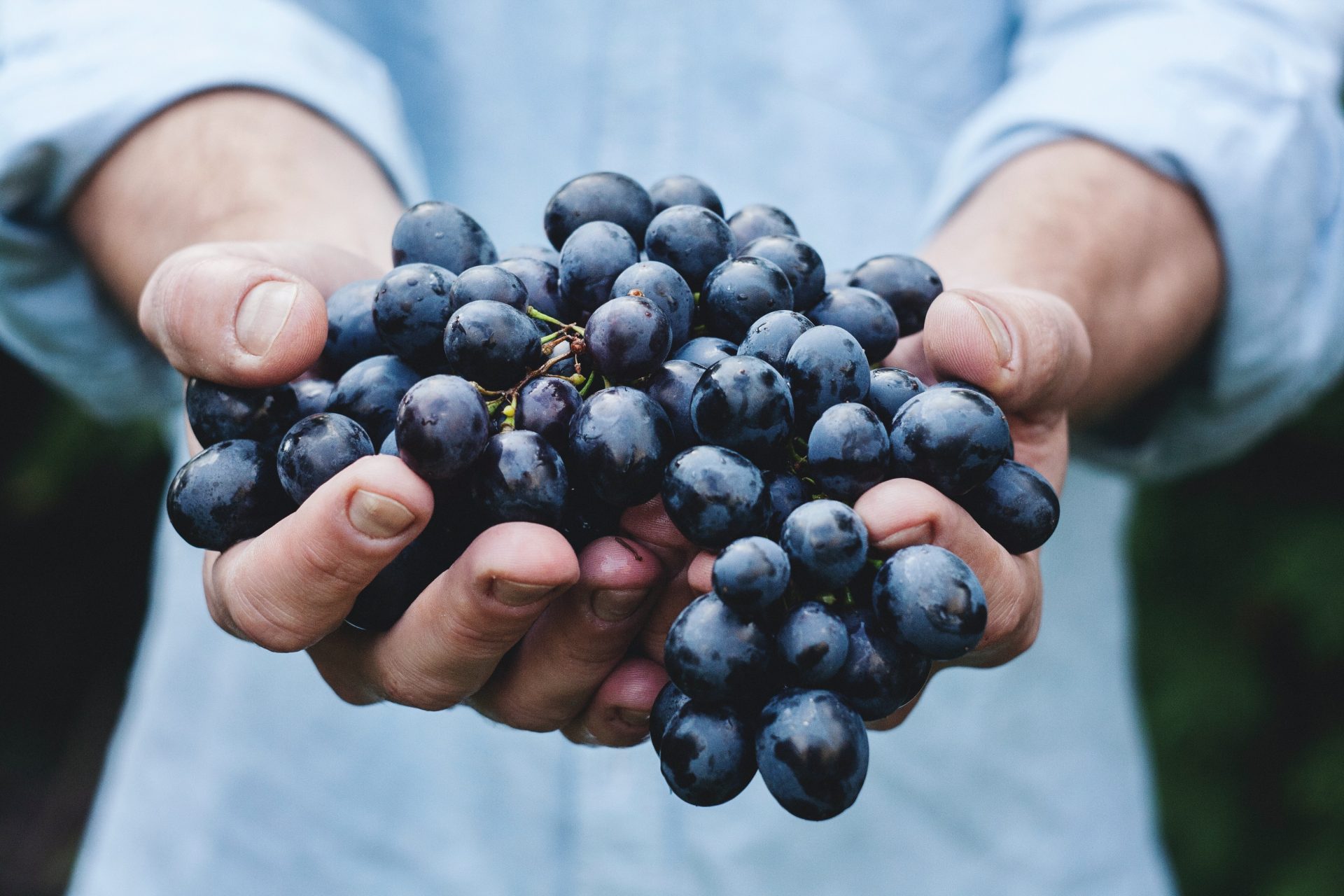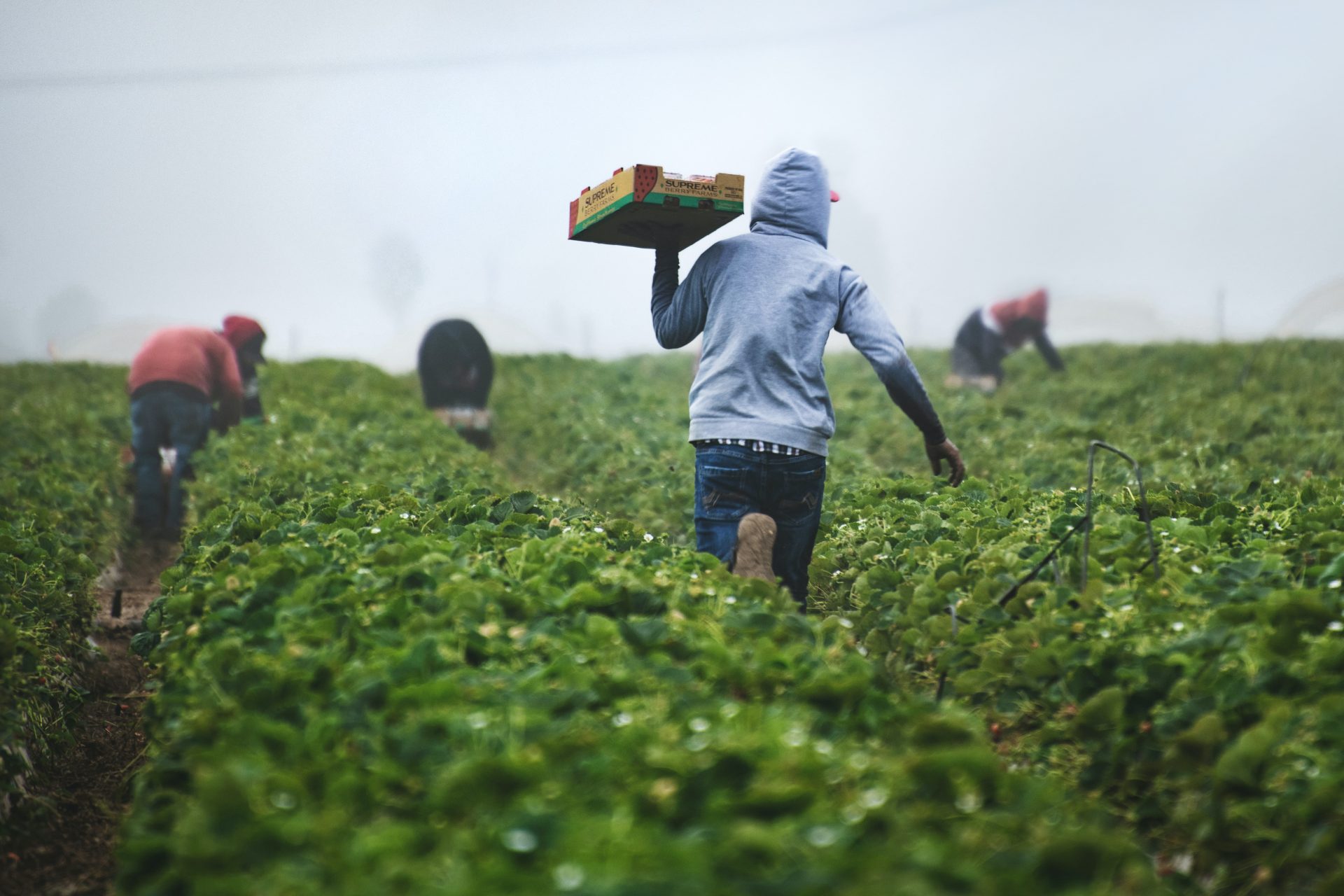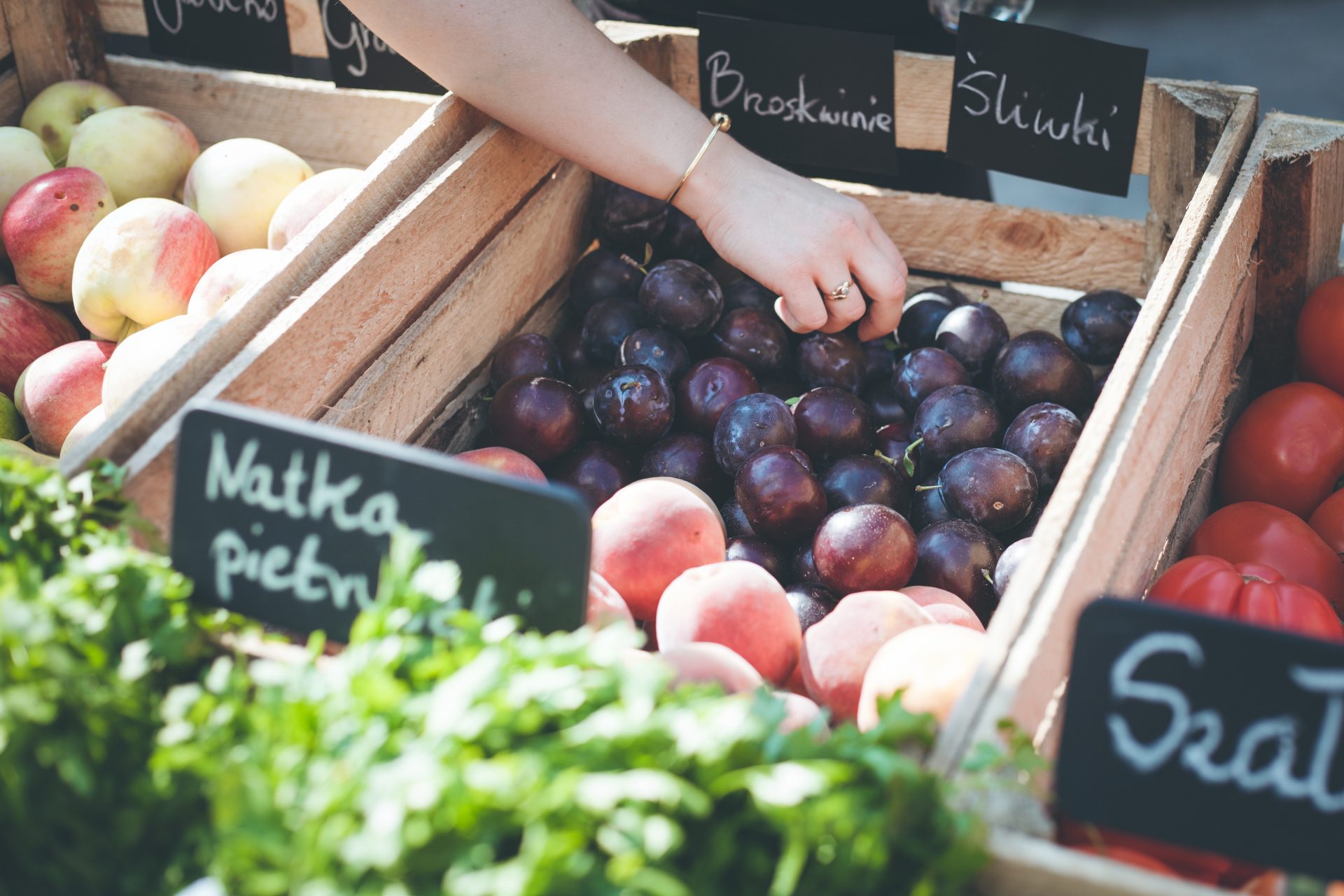New research finds conservatives are driving the food waste crisis
Conservatives are apparently very picky when it comes to the fruits and vegetables they purchase in grocery stores and their buying decisions can cause a whole host of issues according to a new study examining food waste.
Food waste is one of those subtle issues that quietly wreak havoc in the background of our lives as we go about our normal days. However, scientists are coming to understand the better problem and how we might solve it.
Photo by Jas Min on Unsplash
There are a few major factors that lead to food waste in modern grocery stores and one of the big ones is the passing over of imperfect fruits and vegetables. Yes, it sounds silly but ugly fruits and veggies are a big problem.
Photo by engin akyurt on Unsplash
Researchers recently published new a study in the journal Appetite on the harms of imperfect fruits and vegetables, and they defined the term as fruits or vegetables that were “non-uniform shape, color, or texture.” Ugly produce apparently just isn’t very sellable.
Photo by Tom Brunberg on Unsplash
“Food waste is often predicated on consumer rejection of ugly or imperfect produce, and some estimates suggest that in the U.S., as much as 20% of fruits and vegetables are thrown away because of cosmetic imperfections.” The study’s authors noted.
Understanding why some shoppers don’t purchase imperfect fruits and vegetables is an important step in solving the food waste problem according to the study’s authors since it can allow stores to change their marketing.
This is how the researchers stumbled upon the knowledge that conservative consumers have a particularly fierce dislike of imperfect produce, a discovery that resulted from four online studies answered by 1,400 U.S. adults.
The study’s authors discovered that conservatives not only have a preference for buying perfectly in relation to liberal shoppers, but they also showed that conservative shopping habits were the result of other psychological mechanisms.
Photo by Hanson Lu on Unsplash
Referencing previous research, the study’s authors remarked that “conservatives prefer familiar products, reject novel products, and favor national brands which presumably represent tradition and stability.”
Photo by Jan Canty on Unsplash
The study’s authors added from their own research that “lower openness to experience explains why this segment of the population may be less willing to purchase imperfect [fruits and vegetables].” This is important because it can guide in-store marketing.
Photo by Scott Warman on Unsplash
Solving America’s food waste crisis will require different approaches in different states according to Salon’s Ashlie Stevens, who wrote about how the new study of attitudes toward imperfect foods can be used to guide buying decisions.
Photo by Mick Haupt on Unsplash
Stevens suggested that marketers in blue states and in major blue areas of red states could advertise imperfect fruits and vegetables with messaging that appeals to ideas of “sustainability, authenticity, and food water.”
Photo by Markus Spiske on Unsplash
On the other hand, Stevens suggests messaging in red states could try to tap into the known value system of conservatives and craft marketing around the ideas of tradition rather than ideas of sustainability or authenticity.
Photo by Jo Lanta on Unsplash
Messaging like: “Most produce was imperfect decades ago!” might work in a red state, though the possibilities are endless when you understand why conservative consumers aren’t willing to purchase imperfect fruits and vegetables.
Photo by Maja Petric on Unsplash
The authors of the study themselves believe their work can help alleviate the food waste crisis through understanding consumer behavior, which in and of itself can also play a role in changing the sustainability of our agricultural system.
Photo by Tim Mossholder on Unsplash
“Our inquiry can serve as a precursor to [a] more systematic search for productive solutions that can alleviate human suffering while enhancing [the] sustainability of the agricultural industry,” the study’s authors concluded.
Photo by Jagoda Kondratiuk on Unsplash
More for you
Top Stories




